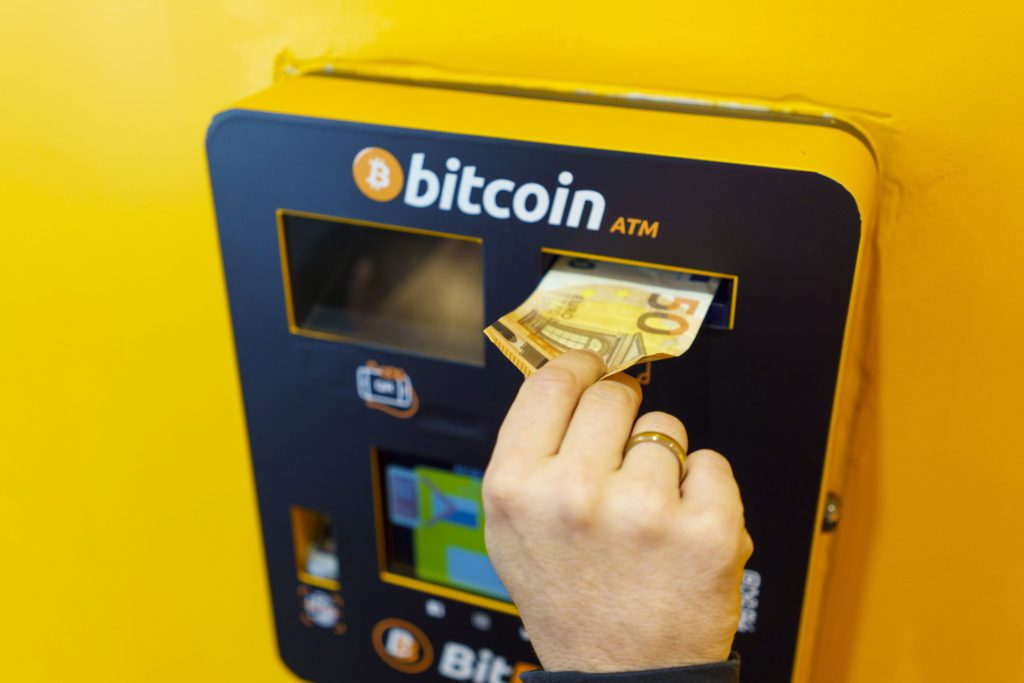(Bloomberg) — The European Parliament and Council reached a provisional agreement to force crypto providers to provide identifying information on all digital asset transactions, despite an industry backlash.
The so-called transfer of funds regulation, or TFR, seeks to strengthen anti-money laundering requirements to ensure that crypto transfers can always be traced and suspicious transactions blocked.
The deal means that exchanges must obtain information and personal data on all crypto transfers, no matter the size, and provide that information to authorities if requested. It also extends that responsibility to so-called unhosted wallets — which are not managed by a licensed exchange or service provider — when they interact with exchanges in transactions above 1,000 euros.
More than 40 crypto firms had sent a letter to EU finance ministers in April protesting the rule, saying it infringed on user privacy and safety. Signatories included exchanges such as Coinbase Global Inc., and crypto ETP providers Coinshares International Ltd. and Valour Inc.
On Thursday, the European Parliament, Council and the Commission will hold a final round of talks on the bloc’s Markets in Crypto Assets, or MiCA, regulation to hammer out any last sticking points.
Ernest Urtasun, an MEP and rapporteur for TFR who was present for Wednesday’s debate, said the two processes are intertwined as the EU is seeking to implement its rulings on crypto in one swoop, meaning certain definitions used in the TFR aren’t applicable until MiCA passes.
“We will put an end to the anonymity of crypto transactions, which was a huge loophole when it comes to the fight against money laundering and criminality,” he said in an interview.
Discussions around MiCA and TFR have been ongoing for several years, with crypto companies in other jurisdictions like the UK pushing for a more incremental approach to rule-making.
Wednesday’s decision means the text of the TFR is now closed at a political level. The bill will now move to discussions on the technical aspects of the text, before heading to approval by several EU committees and Parliament as a whole.
More stories like this are available on bloomberg.com
©2022 Bloomberg L.P.











